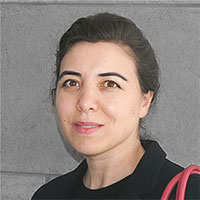POSETTE 2025 is a wrap! 🎁 Thanks for joining the fun. Missed it? Watch all 42 talks online.
POSETTE: An Event for Postgres 2025 is back for its 4th year—free, virtual, and packed with deep expertise. No travel needed, just your laptop, internet, and curiosity.
This year’s 45 speakers are smart, capable Postgres practitioners—core contributors, performance experts, application developers, Azure engineers, extension maintainers—and their talks are as interesting as they are useful.
The four livestreams (42 talks total) run from June 10-12, 2025. Every talk will be posted to YouTube afterward (un-gated, of course). But if you can join live, I hope you do! On the virtual hallway track on Discord, you’ll be able to chat with POSETTE speakers—as well as other attendees. And yes, there will be swag.
This “ultimate guide” blog post is your shortcut to navigating POSETTE 2025. In this post you’ll get:
- A “by the numbers” summary
- 2 Amazing Keynotes
- 18 Postgres core talks
- 12 Postgres ecosystem talks
- 10 Azure Database for PostgreSQL talks
- Where to find the POSETTE Schedule
- How to watch & how to participate on Discord
- What’s new in POSETTE 2025?
- A big thank you to our 45 amazing speakers
- Join us for POSETTE 2025 & mark your calendars



